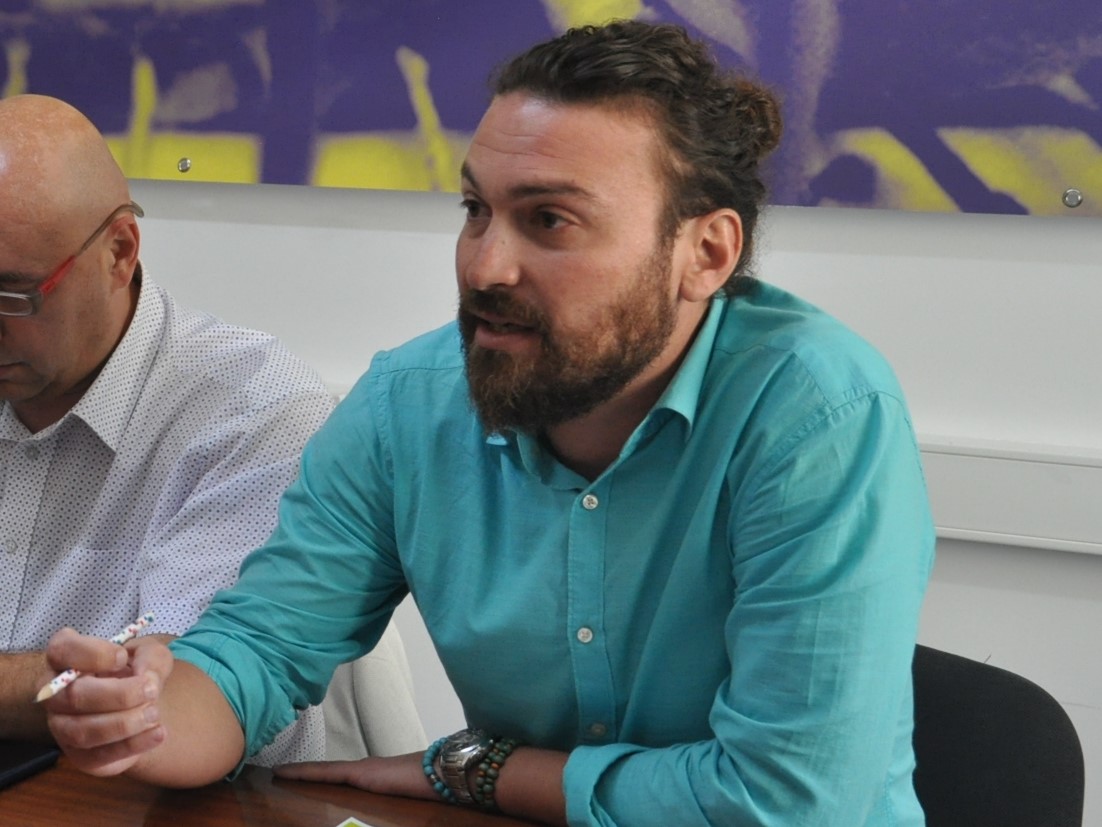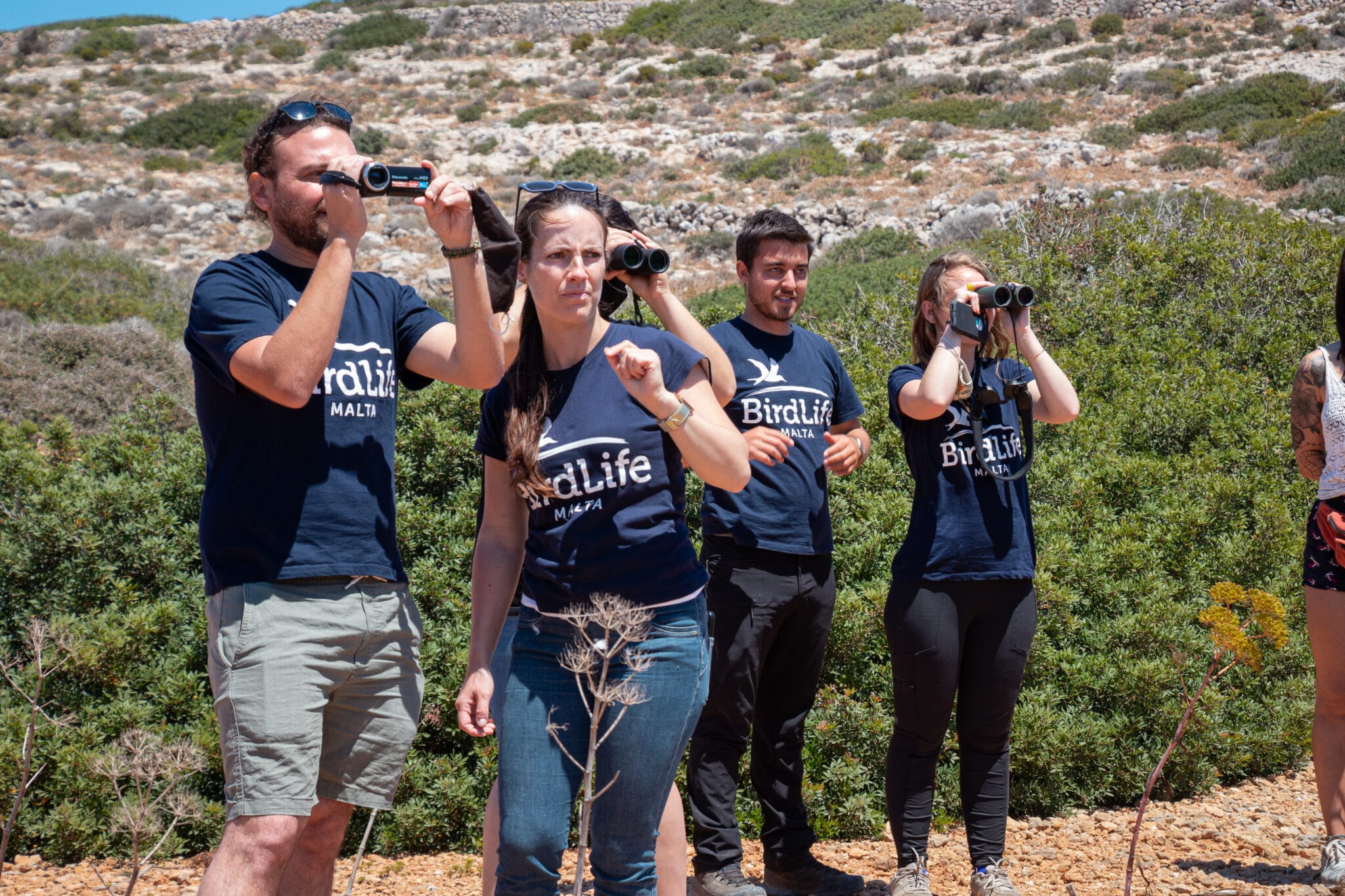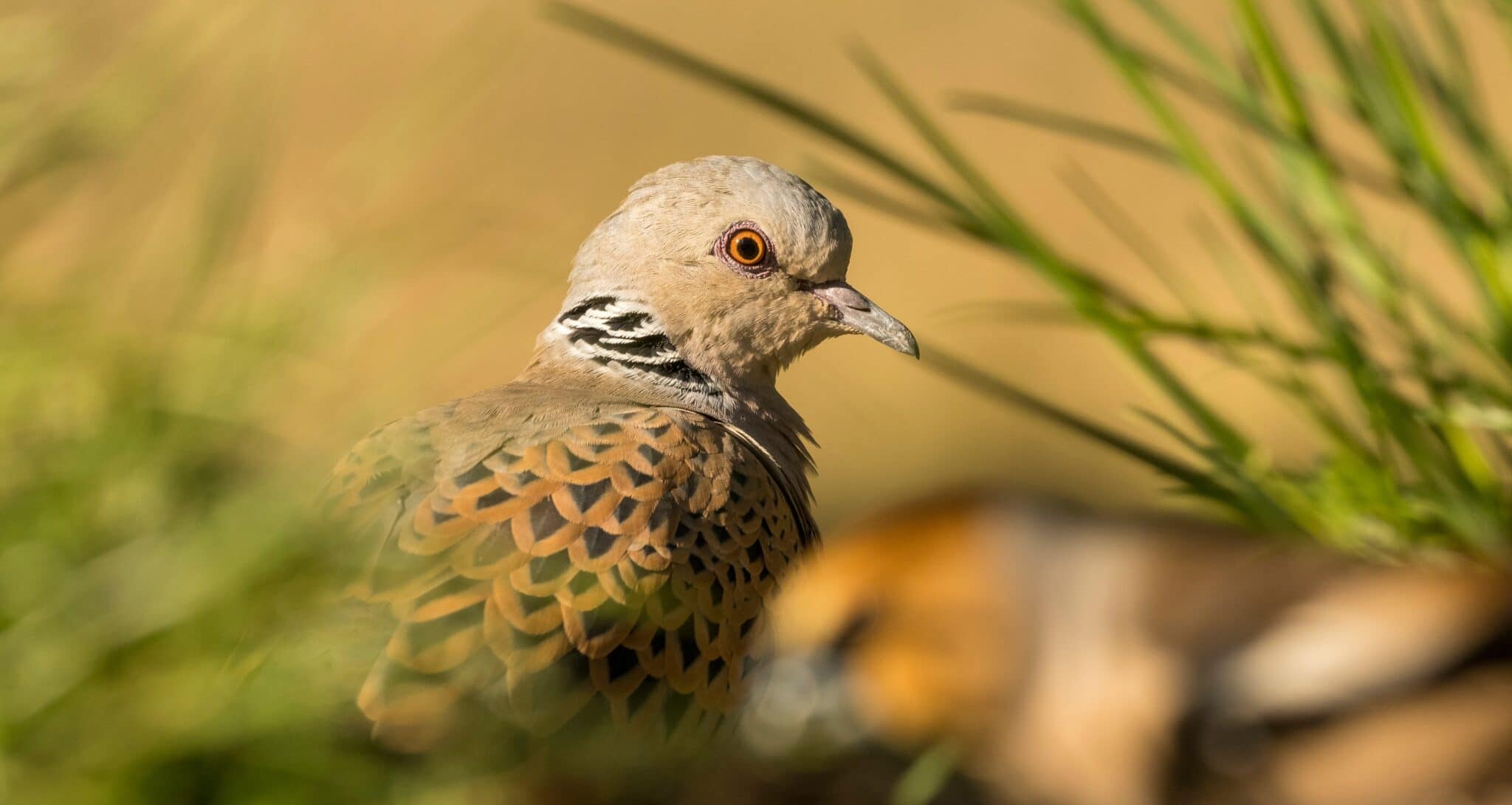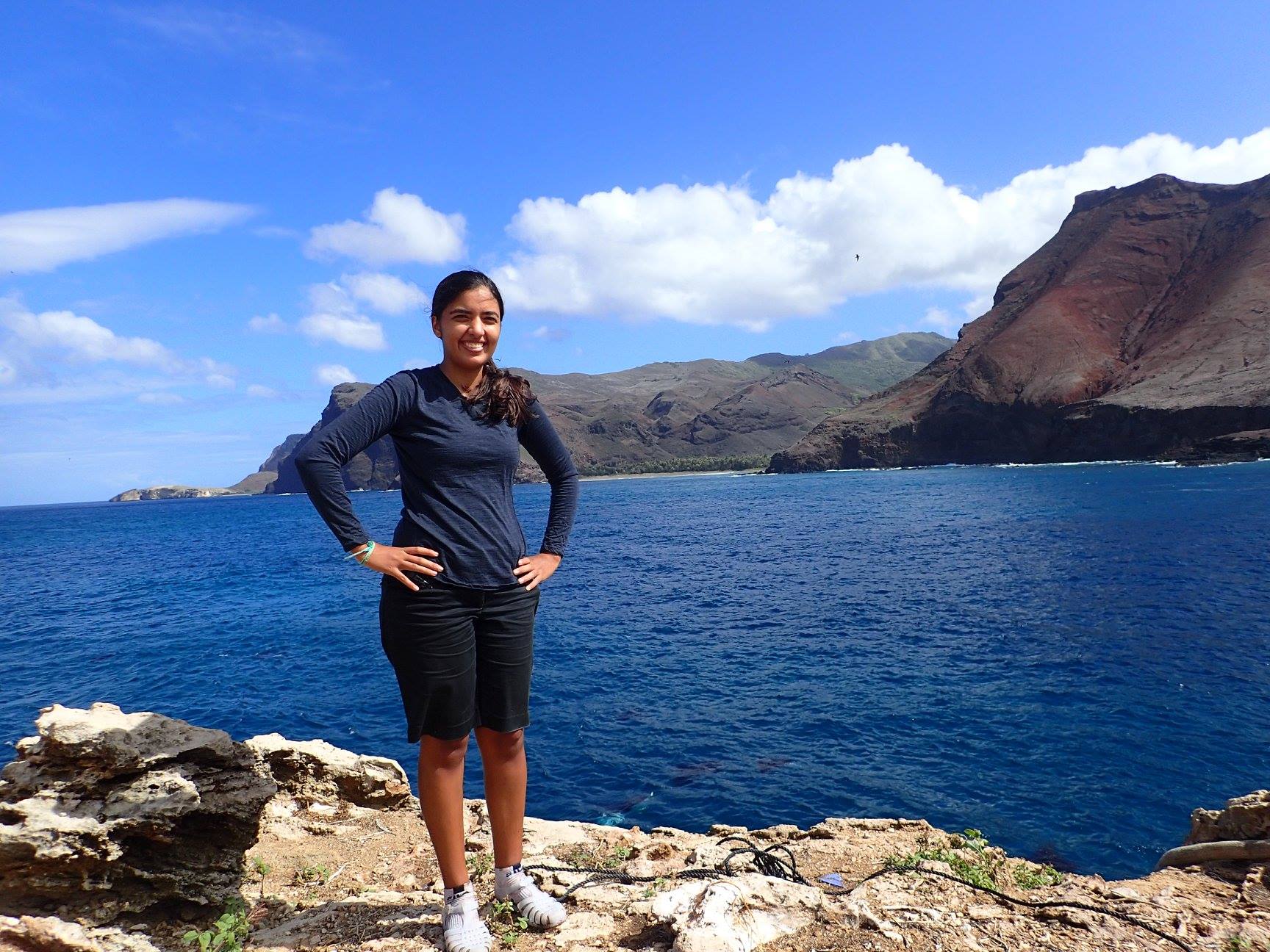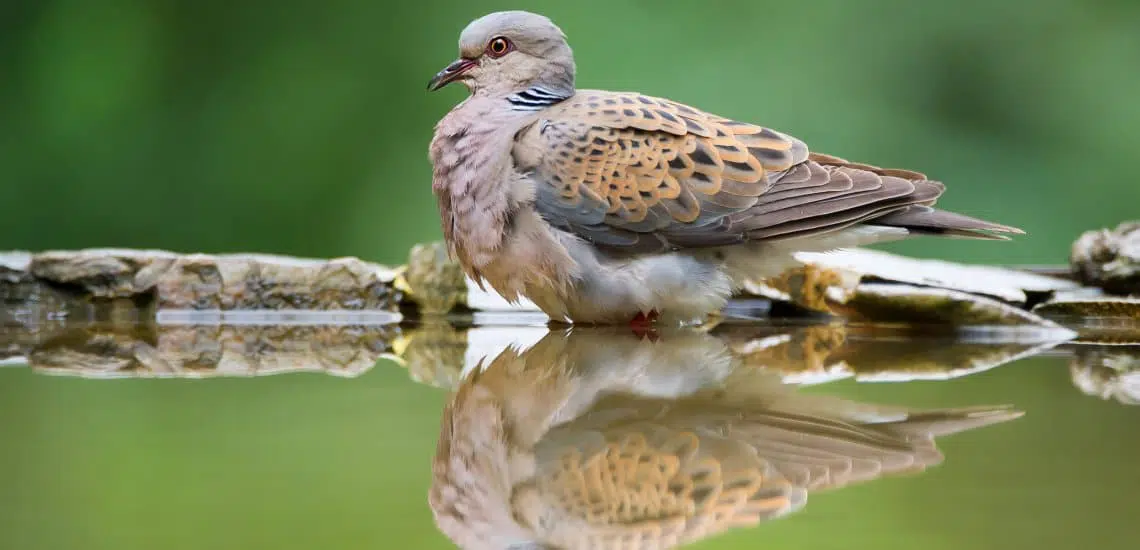Conservation Careers: Protecting Birds from Hunting and Trapping in Malta
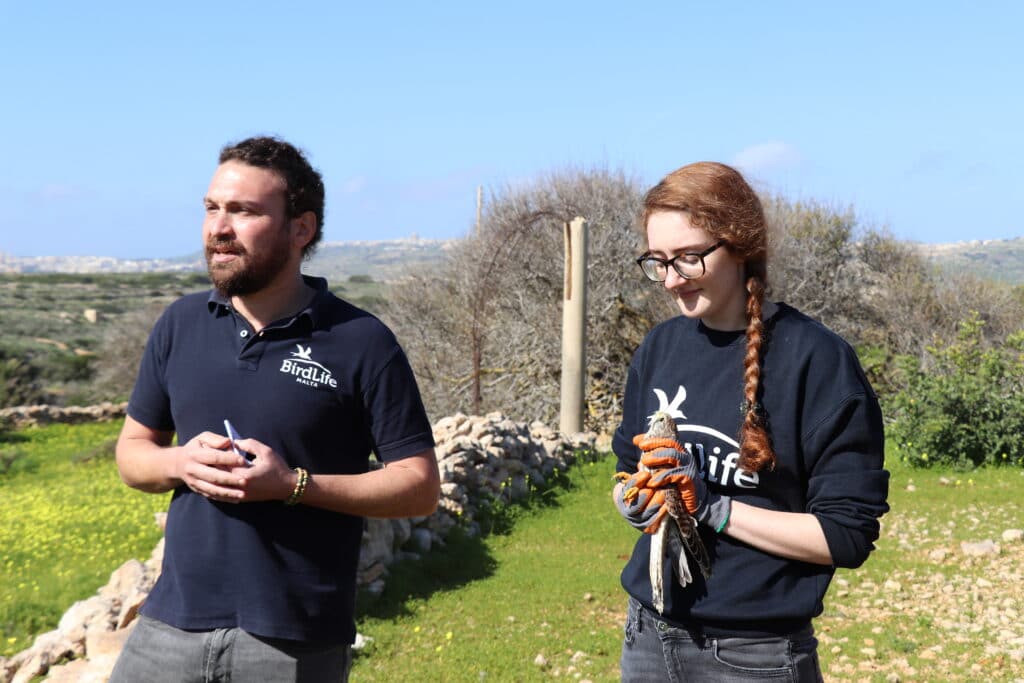
Growing up in Malta, Nicholas Barbara was exposed to bird hunting from an early age. This motivated him to pursue a career in bird conservation, and he is now Head of Conservation at BirdLife Malta. Here, he gives an insight into what this challenging role involves and advice for aspiring conservationists.
What inspired you to pursue a career in conservation?
I knew from a young age that I wanted to work in conservation and was particularly interested in bird conservation and eventually joining BirdLife. Growing up in Malta, you are exposed to bird hunting and when I was in secondary school, I discovered that some bird species such as the barn owl and jackdaw had become locally extinct because of hunting. I felt that this was unjust and was motivated to try to bring back these birds that we had lost on the island.
You’ve held various roles at BirdLife Malta, where you are currently the Head of Conservation, what does your role involve?
I’ve worked at BirdLife Malta for the past 12 years, and there is never one day that is the same. The job is very intriguing and keeps me on my toes as there is always something happening. I started at BirdLife Malta on our first LIFE project which was on seabirds, and then an opportunity came up to shift my focus to hunting and trapping so I took the challenge which wasn’t easy as there is a lot of exposure working on the hunting front.
Our work in the field can be used to counteract the arguments of the Maltese Government in favour of keeping spring hunting or trapping of birds. We provide reports directly to the European Commission to fight derogations. We had a good result in 2018 that should have stopped the trapping of finches, although they have now resorted to trapping under the guise of research, so the matter is once again in front of the European court.
We also have a voluntary 24/7 on call service to help with rescuing wild birds which were found shot or injured. We rehabilitate, ring, and release these birds into the wild and are learning a lot in the process. One positive story was a kestrel that we rehabilitated and released after it was shot, which was then later seen recorded in the North of Italy. But sometimes we release birds that go on to be shot again. It can be very disheartening and shows how bad the hunting situation is that an individual bird can be shot, rehabilitated, released, and shot again.
“Growing up in Malta, you are exposed to bird hunting and when I was in secondary school, I discovered that some bird species such as the barn owl and jackdaw had become locally extinct because of hunting. I felt that this was unjust and was motivated to try to bring back these birds that we had lost on the island.”
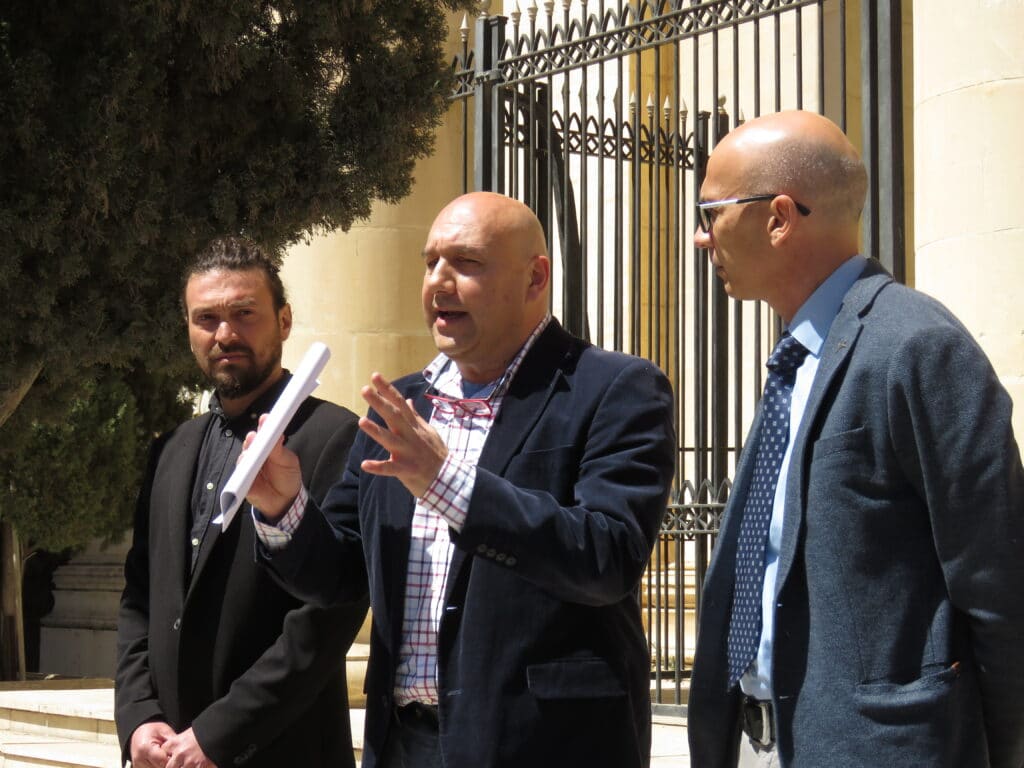
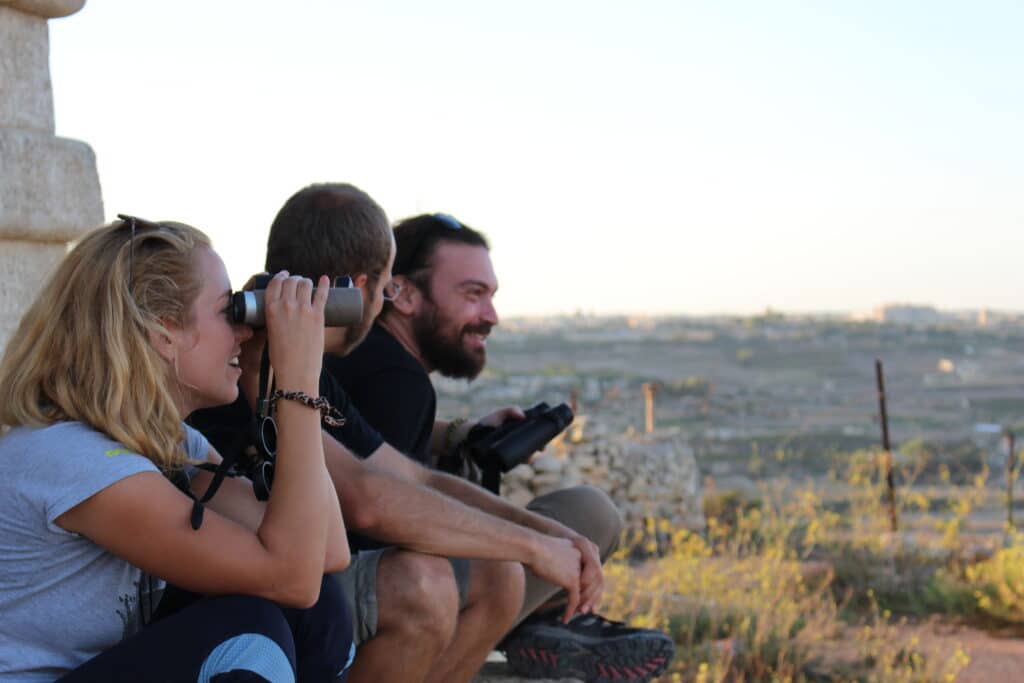
Since joining BirdLife Malta, have you seen an increase in public support against hunting and trapping?
Through our communications work and rescuing birds, I have seen an increase in awareness. I can gauge that by the number of people who call on us for support with birds they find, to the level that at times it’s challenging for us to cope with. But this is also partly because the level of illegal killing is on the rise. In 2013, a government was elected which was on the hunters’ side, and we saw a sudden increase in illegal killing of birds to which the public responded quite well. This led to a referendum in 2015, and the idea was to abolish spring hunting once and for all. The country was divided, and during that year we saw a huge decline in the illegal killing of birds because the hunters were very careful about publicity. We lost the hunting referendum by around 2,000 votes, and since then the illegal killing and trapping rates are on the increase. This is difficult as I’ve seen it go up and down and it’s worse than when I started.
Unfortunately, you get used to seeing the sight of shot birds. But it just takes one case or bird to set the anger and frustration off again and I try to channel that into the work and solving the situation, whether that be a press release or a video we are releasing.
“Being part of the BirdLife Partnership is very motivating as you can reach out to the network. I can relate a lot to BirdLife Cyprus and LIPU (BirdLife Partner in Italy). BirdLife Europe and the RSPB (BirdLife Partner in the UK) have been of great support in getting the organisation developed to the level we are today.”
What are the positive parts of your role?
The support from the public is a positive, from a simple encouraging or appreciative phone call to meeting people in the field who congratulate and thank us for our work. Another positive is getting to release a bird back into the wild, and we sometimes try to arrange for the person that found the bird to join us to release it which is a very rewarding experience.
At an international scale, I can see our work especially on the hunting and trapping front has a reputation now in terms of how effective we are. The bigger achievements are landmark sentences from the European Court of Justice, so for example in 2018 it was concluded that no form of trapping of finches could be allowed. Seeing a sentence at that level quoting our reports is very rewarding.
Being part of the BirdLife Partnership is very motivating as you can reach out to the network. I can relate a lot to BirdLife Cyprus and LIPU (BirdLife Partner in Italy), and BirdLife Europe and the RSPB (BirdLife Partner in the UK) have been of great support in getting the organisation developed to the level we are today.
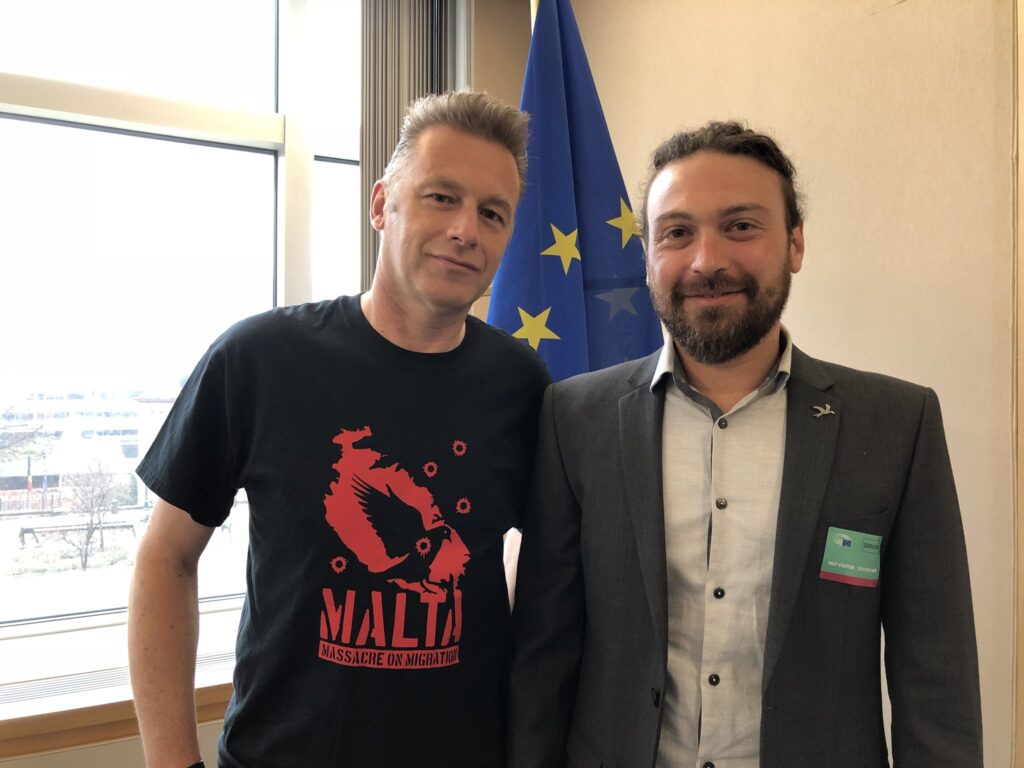
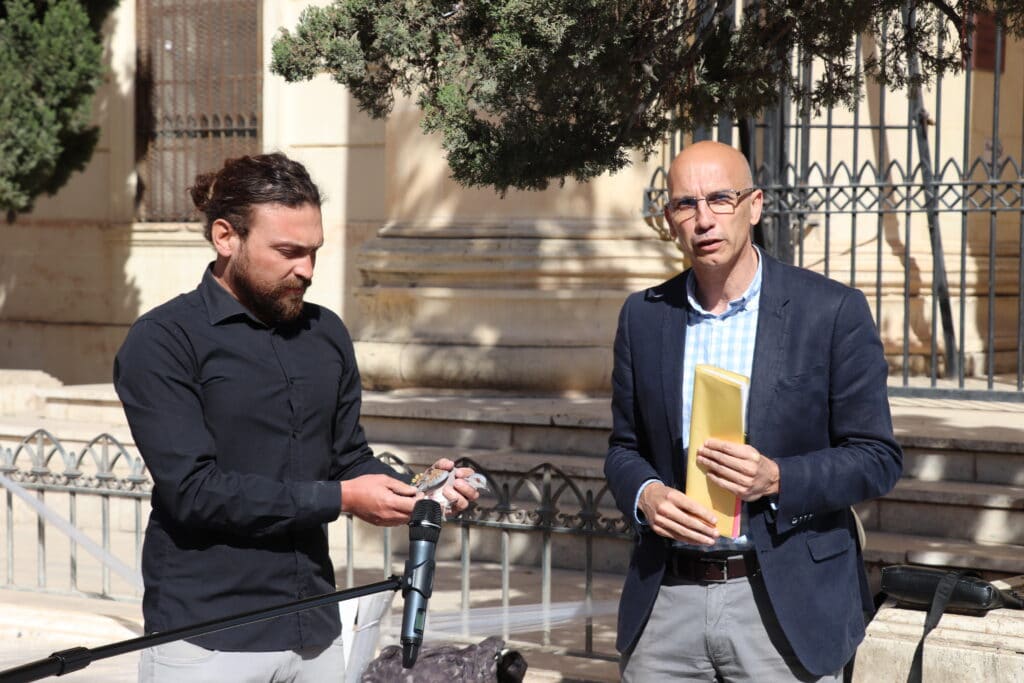
Your role includes challenging field work, what does this involve?
In Malta, we have one of the highest densities of hunting and trapping in the entire world. So, when you are out in the field, the chances of encountering a hunter are high. My role is high exposure and I get recognised a lot which is risky, so I have to plan any field work carefully depending on the type of work it involves.
I was involved in a case recently where I was leading volunteers during peak migration, and we had a call that flamingos were coming in and were shot down. I was there within 2 minutes to film, and the experience and training that we have meant that I knew what to look out for, so I managed to film the hunter in the sea trying to retrieve the dead flamingos. This means we have evidence for court so he should lose his hunting licence for life and get a hefty fine. The right equipment, knowing the area, and knowing how to react are all essential.
Do you have any advice for aspiring conservationists?
I initially studied biology and chemistry and then did my Masters in the UK on conservation and biodiversity, and having a solid science background has been very useful. For example, when presenting to the European Commission to fight a local legislation, I always go back to what evidence can we give and what experimental set up can we use to prove that trapping is causing damage.
Science on its own isn’t enough though so developing other skills is important. For example, I struggled with the communicative side at first. The photo of a shot bird isn’t something that was scientific for me so I would look at the number of birds that were affected instead. But it became clear that the image helps people to understand what is happening and motivates them to question their politicians, or join us as a member or volunteer, and then we have the means to fight.
I didn’t volunteer before getting my job, but I see people that have joined since that have the science background and volunteering experience and see that they are much better off. Nowadays, it’s a very competitive field and volunteering does give an extra edge.
Click here to find out more about how you can support BirdLife Malta’s work protecting birds and their habitats.
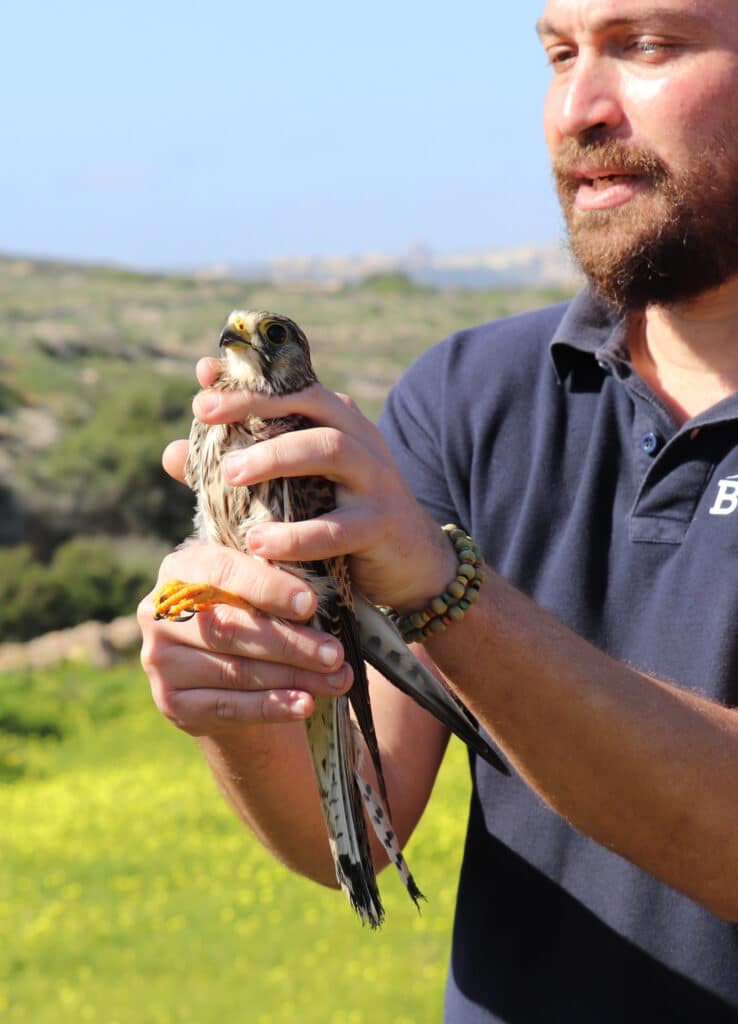
Related News
Sign up to our jobs newsletter
Our jobs newsletter curates the latest jobs across the BirdLife network straight to your inbox.


